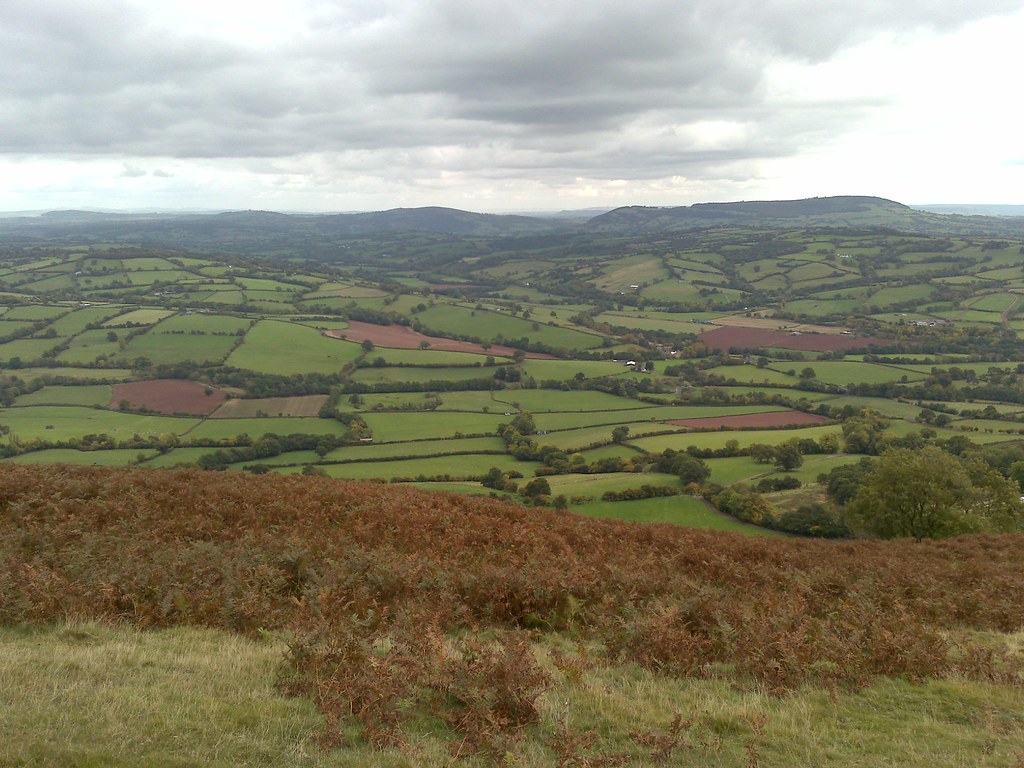Meat Promotion Wales (HCC) have welcomed the findings of new audits that show the sustainability of hill and upland farms in Wales. The audits, that looked at the biodiversity of farms on higher ground in Wales, mean that HCC have been able to establish benchmarks that will enable better monitoring of the effects of farming on local environments. The research was undertaken on 25 farms in Wales across more than 4,000 hectares of land and shows the broad diversity of habitats and species that are to be found on upland farms.
The project is part of the long term aim of HCC to promote sustainability within the red meat production industry in Wales and to ensure that environmental principles are an essential part of the evolution of the industry. HCC hopes by collecting data of this kind, there is a means of facilitating an understanding of the habitats that exists on land of this sort and increase the foundation of evidence that exists that shows that producing meat in this way can be sustainable.
Rachel Madeley-Davies, Head of Sustainability and Future Policy for Meat Promotion Wales said:
‘The development of this biodiversity report represents a crucial first step in reaching our long-term aim of evidencing that Welsh farmland not only produces world-class red meat, but plays an important role in the development and maintenance of habitat.
Each farm contributes much more than just livestock production; everything from managing landscapes, preserving wildlife, protecting water courses, and promoting public access routes play a role in the cultivation of biodiverse areas.”
Through this foundational work, the legacy of the Hill Ram Scheme will be strengthened as we further foster the relationship between sustainable agriculture and ecological preservation, maintaining a thriving ecosystem for generations to come.’
You can learn more about the research by following this link to HCC’s website.


